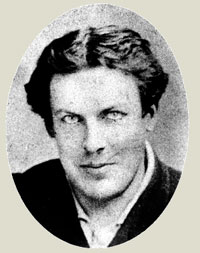A Quote by Sam Lipsyte
There is nothing quite like the controlled burn of Eugene Marten’s prose. Waste is an exhilarating and unnerving piece of fiction.
Related Quotes
In high school, in 1956, at the age of sixteen, we were not taught "creative writing." We were taught literature and grammar. So no one ever told me I couldn't write both prose and poetry, and I started out writing all the things I still write: poetry, prose fiction - which took me longer to get published - and non-fiction prose.
For me a page of good prose is where one hears the rain. A page of good prose is when one hears the noise of battle.... A page of good prose seems to me the most serious dialogue that well-informed and intelligent men and women carry on today in their endeavor to make sure that the fires of this planet burn peaceably.
Comedy is like fictional charm. It's the charm of fiction. Or the charisma of fiction. When you meet somebody who's immediately charismatic, you're attracted to that person. And in fiction it's got to come out in either one of two ways: in the prose itself, and you're hooked immediately because you never want to leave such a colorful and penetrating world. Or, it's simply being a funny writer.
The thing I get the most [in public] is, 'Hey, Eugene.' You know what I mean? There's no catch phrase like: 'What a week I'm having.' People will actually just say, 'Hey, Eugene' or 'Hi, Eugene.' It's a great thing; they feel that comfortable calling me by my first name. It's not being forward. It depends how you say it. I think they can't help themselves. They think they know me. I find it gratifying.
I believe in the runner's high, and I believe that those who are passionate about running are the ones who experience it to the fullest degree possible. To me, the runner's high is a sensational reaction to a great run! It's an exhilarating feeling of satisfaction and achievement. It's like being on top of the world, and truthfully... there's nothing else quite like it!
I was in my senior year of high school when I read 'Notes From Underground' by Dostoyevsky, and it was an exhilarating discovery. I hadn't known up until that moment that fiction could be like that. Fiction could say these things, could be unseemly, could be unsettling and distressing in that particular way, that immediate and urgent way.
I'm often a little perplexed, when I read a review of a book, by the quotes that are pulled out as evidence of excellent prose. I don't think great novels are necessarily composed of great prose, or that there's a correlation between beautiful prose and the quality of a work of fiction. A really good, interesting novel will often let a little ugliness get into its words - to create a certain effect, to leave the reader with a certain sense of disorientation.





































